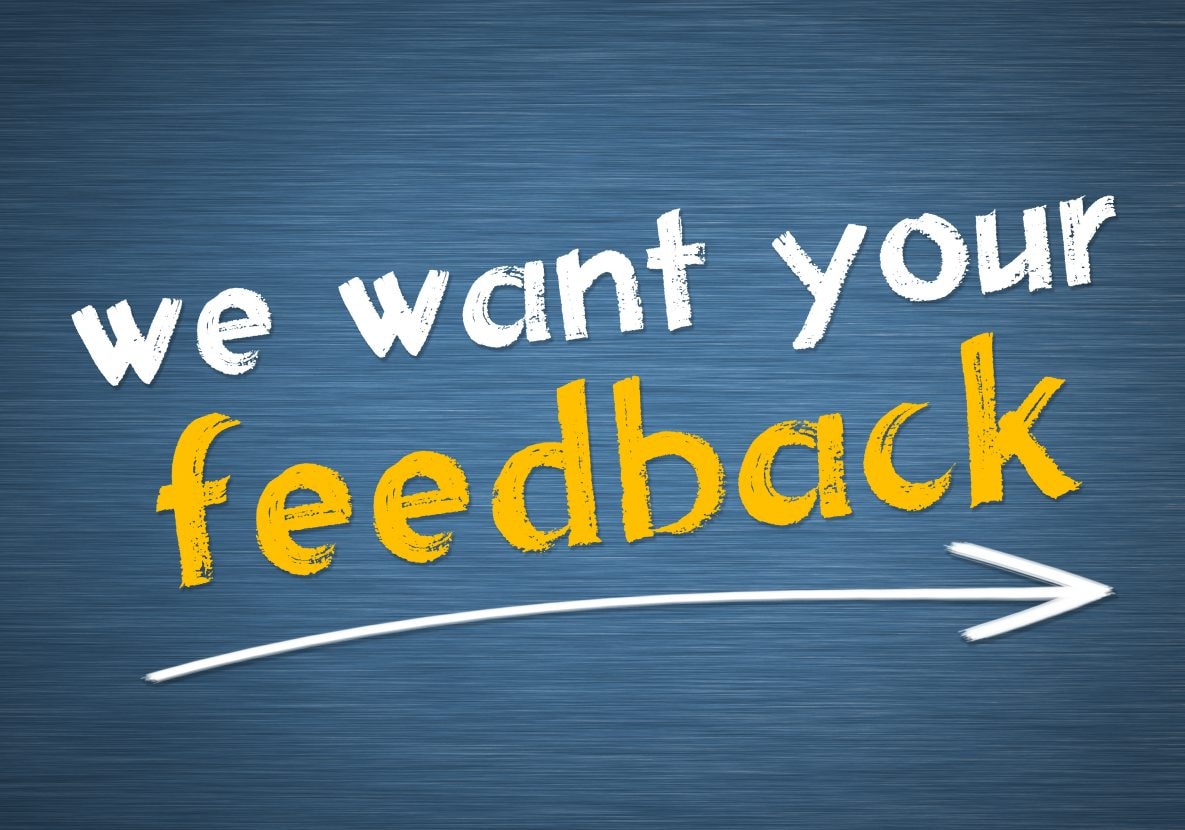Training and Professional Development

Professional development (PD) is a consciously designed, systematic process that strengthens how staff obtain, retain, and apply knowledge, skills, and attitudes.
The tools and resources on this site can be used by those who provide PD services for staff in state departments of education, state departments of health, school districts, school communities, and national organizations.
Professional Development is an excellent way to teach specific learning objectives to a targeted group. Choosing the correct type of PD event is important to understand the level of knowledge and skill that may be acquired. Providers of PD events need consistent definitions to provide and promote the appropriate type of PD event. It is critical to understand that trainings and workshops do not mean the same thing—one can produce long-term benefits, while the other may simply increase awareness.
There are six CDC PD practices—Sustain, Design, Promote, Deliver, Follow-Up, and Evaluate. When developing and delivering PD events, integrate all six of these practices. PD is consciously designed to actively engage learners and includes the planning, design, promotion, delivery, follow-up, and evaluation—such as, events, information sessions, and technical assistance.
Training. An instructional experience provided primarily by employers for employees, designed to develop new skills and knowledge that are expected to be applied immediately upon arrival or return to the job.
Workshop. An educational program for a small group of people that focuses on techniques and skills in a particular field that has long-term benefits.
Trainings and workshops are 3 or more hours long and have highly effective transfer skills.
Technical Assistance. A tailored guidance to meet the specific needs of a site or sites through collaborative communication between a specialist and the sites. Technical assistance takes into account site-specific circumstances and culture and can be provided through phone, mail, e-mail, Internet, or in-person meetings.
Presentations. A speech or visual display tailored to specific audiences such as school administrators, faculty, education and health professionals, adolescents, parents, college students, legislators, or community groups.
Information Session. A presentation or other instructional activity delivered in a short period of time that focuses on a specific topic.
Information and presentations are delivered in a short period of time (30 minutes and no more than 3 hours) and focus on a specific program topic.
